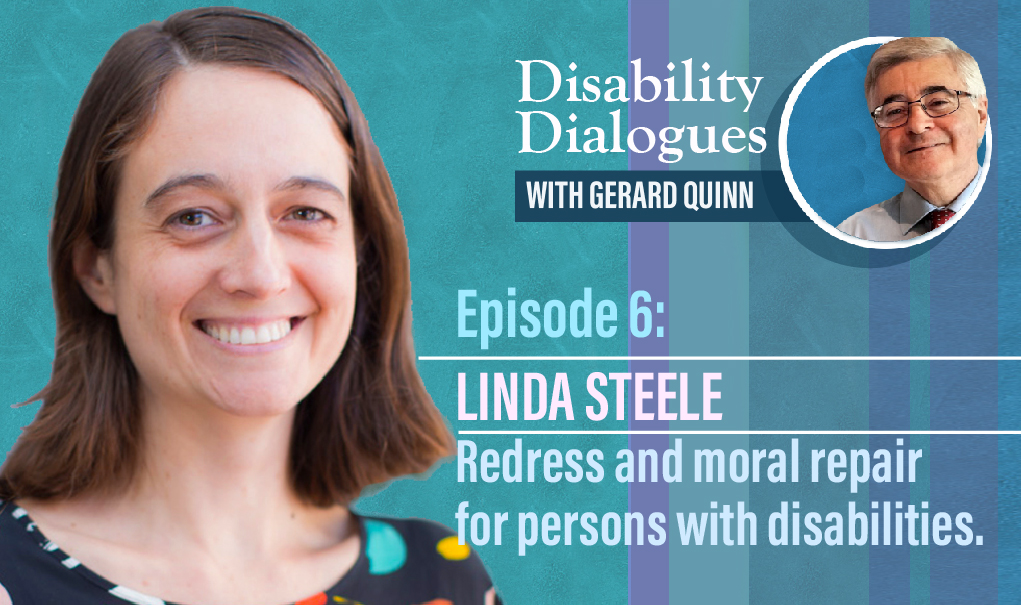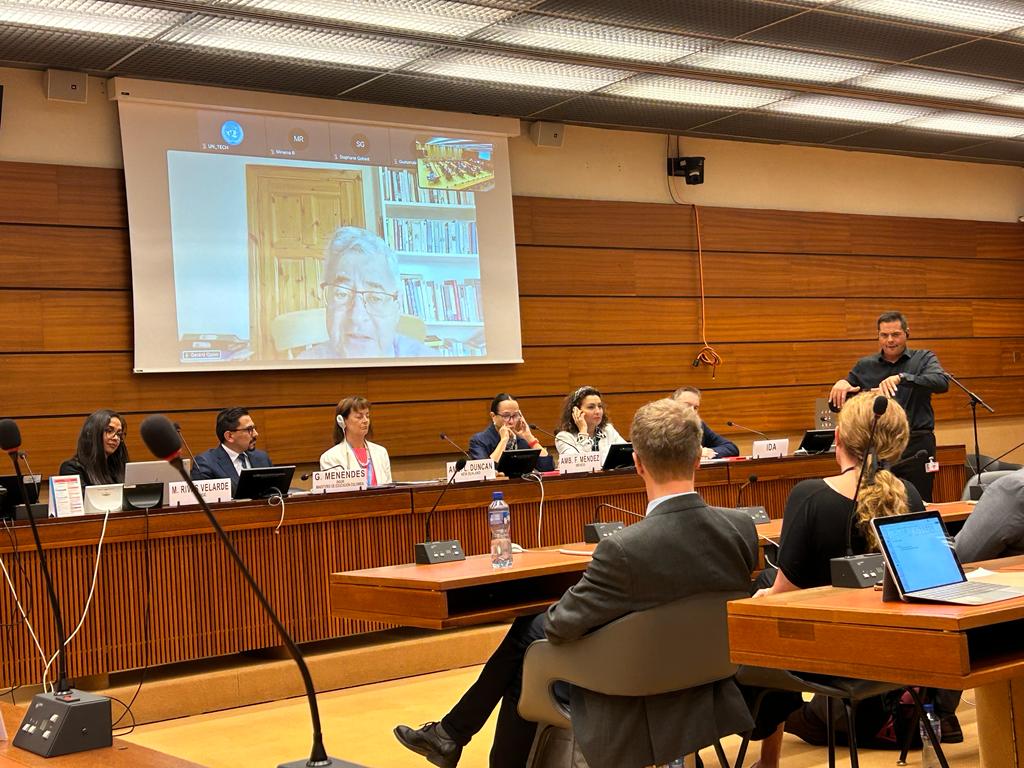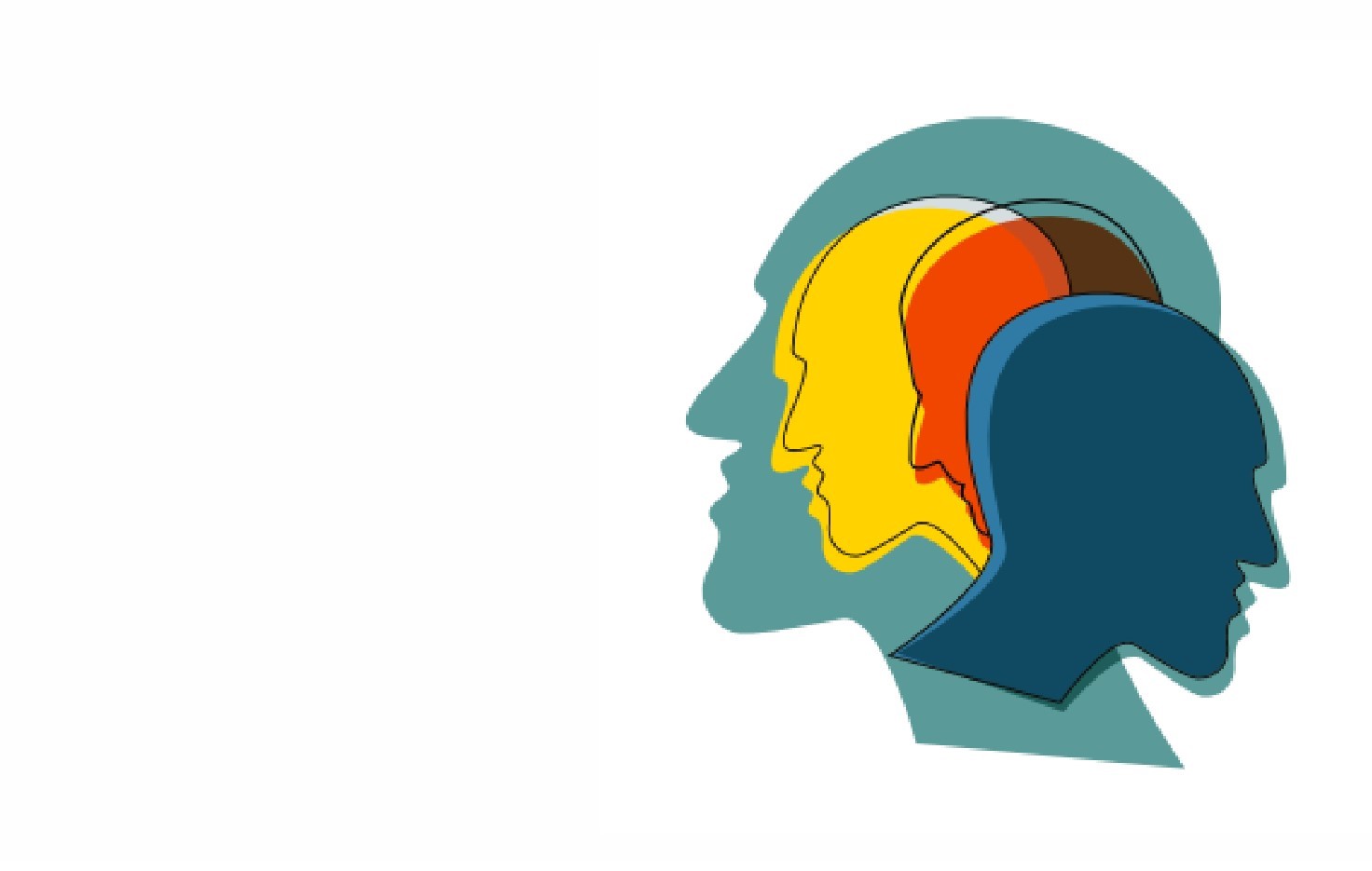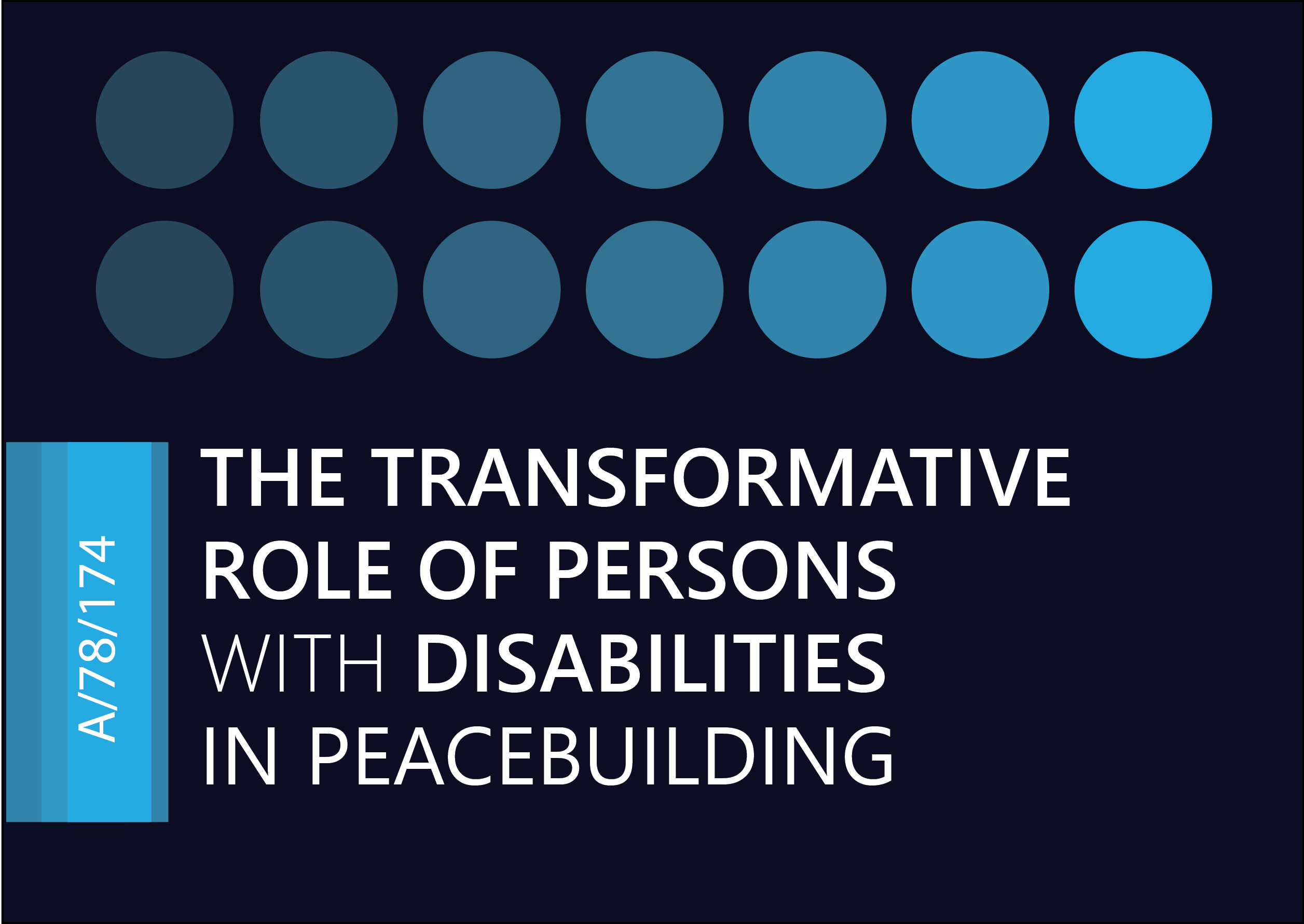Social services--for persons with or without disabilities--should no longer be limited to provide for a floor of social provision, but should also enable pathways to active citizenship.
New values, new treaties, new legal instruments are all well and good, but they have to be accompanied and made real by changes in underlying practices and institutional arrangements.
We may purge the law of ableism - but if your underlying social systems continue to harbour it then it is no surprise that change is so slow. Sooner or later the contradiction become unbearable. The truth is that these institutional arrangements encode within them outdated conceptions of disability and rights. If we don't attend to them then they will simply drown out any new approach.
Secondly, the social systems we have all inherited from the 20th century comes from a different conception of rights.
The central idea at play back then was the re-distributive role of the State when certain contingencies occurred like unemployment that could not be met from one's own resources. Limited wealth transfers were at its core. Compensating for a loss was its operational philosophy. It did not directly change - much less challenge - background institutional arrangements that led predictably to this loss. The system -although it laid a floor of provision for all - tended to compound the isolation and exclusion felt by persons with disabilities.
Thirdly, this social system is in transition in the 21st century regardless of disability.
It is obvious that its main goals are not just to provide for a floor of social provision but to enable pathways to active citizenship. And we now have to tools to finally break away from crude programmes to genuinely tailor and individualize services for all citizens. This will take time - but the trend is unmistakable.
All of which means we are at the beginning of a major transition in our social systems and especially as they apply to persons with disabilities.
This means the goals and methods of the social state will need to change. They will be more explicitly tied to overarching rights and goals like those contained in the CRPD.
This means that how the social state commissions and monitors social service delivery organizations will need to change. I have long felt that there is a need to connect such service delivery organizations to the central tenets of business and human rights. Workforce development - a long neglected issue - will at last be on the table.
And it also means that then implicit balance between formal and informal care (really, no balance at all) needs to drastically change. The recent Decision of the UN CRPD Committee which proclaimed the Italian social system which disadvantaged carers in their pension rights as a violation of family support rights is a sign of things to come. The 'feminization of poverty' caused by a neglect of the care sector has to end - and there is a good unity of purpose here between the gender rights and disability rights agendas.
I have always felt that the original design of human rights in the Universal Declaration 75 years ago was the right one - blending together civil and political with economic and social rights. The CRPD makes a decent stab at blending them back together. I suggest this is how we should frame the debate about reform of care systems.





